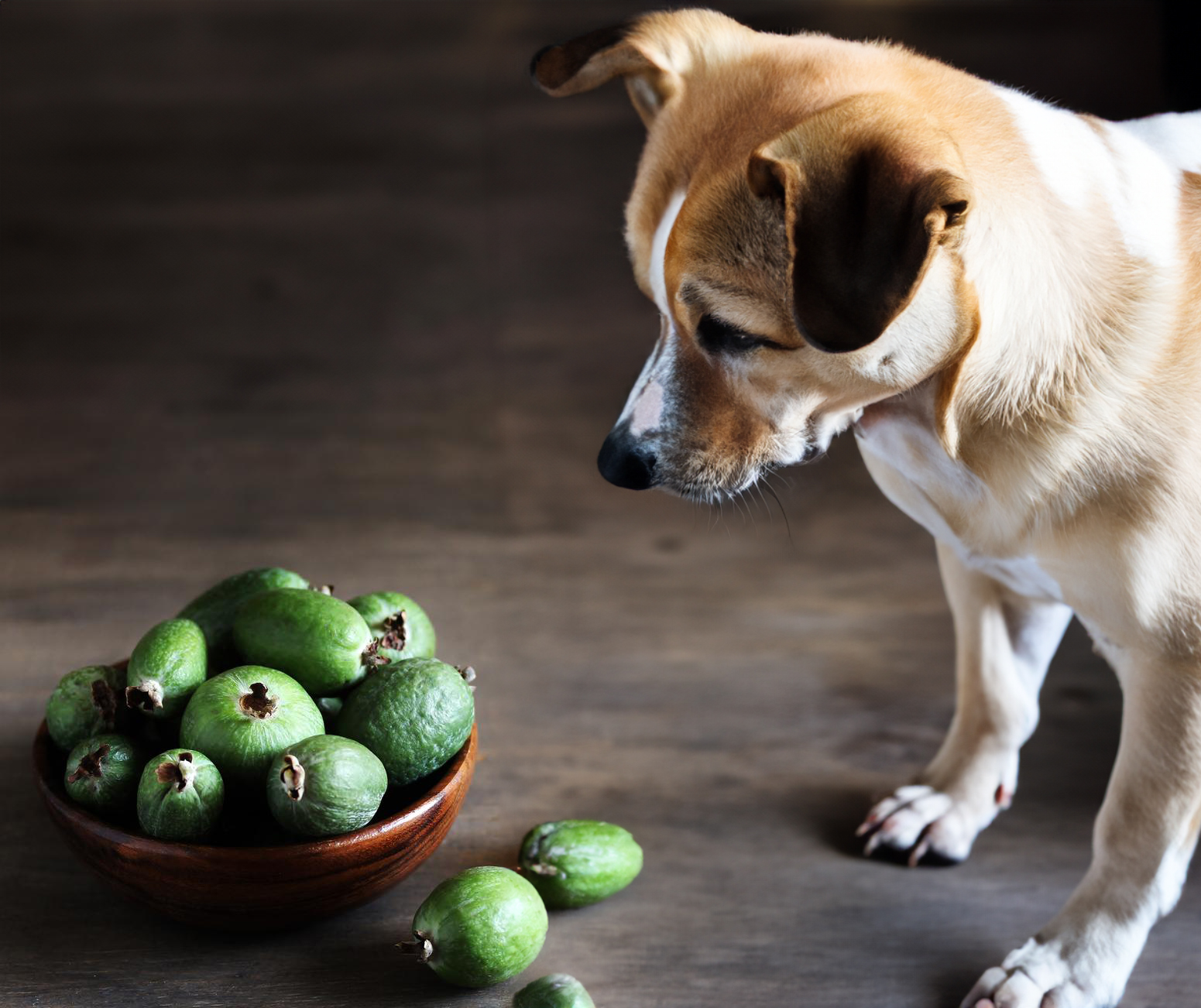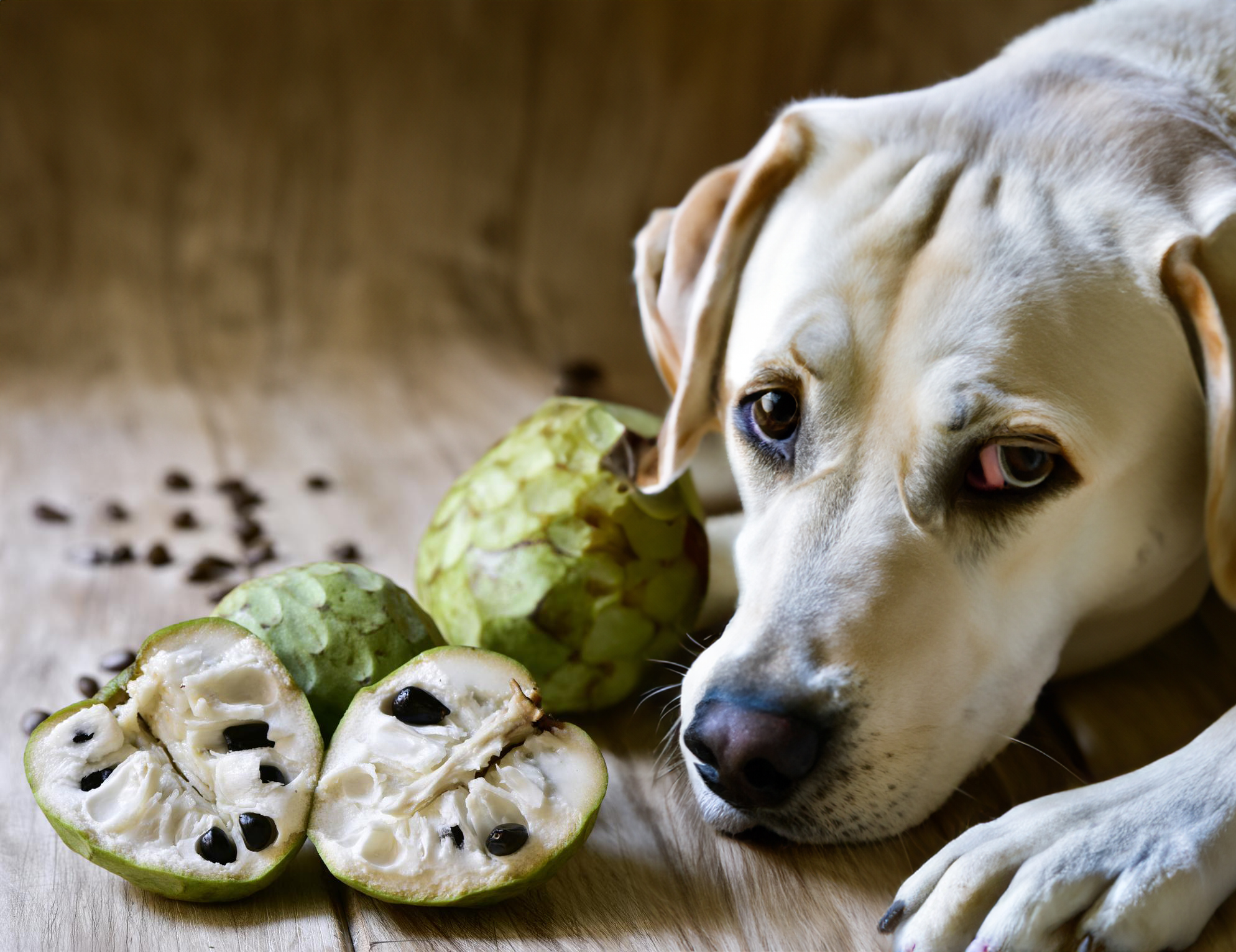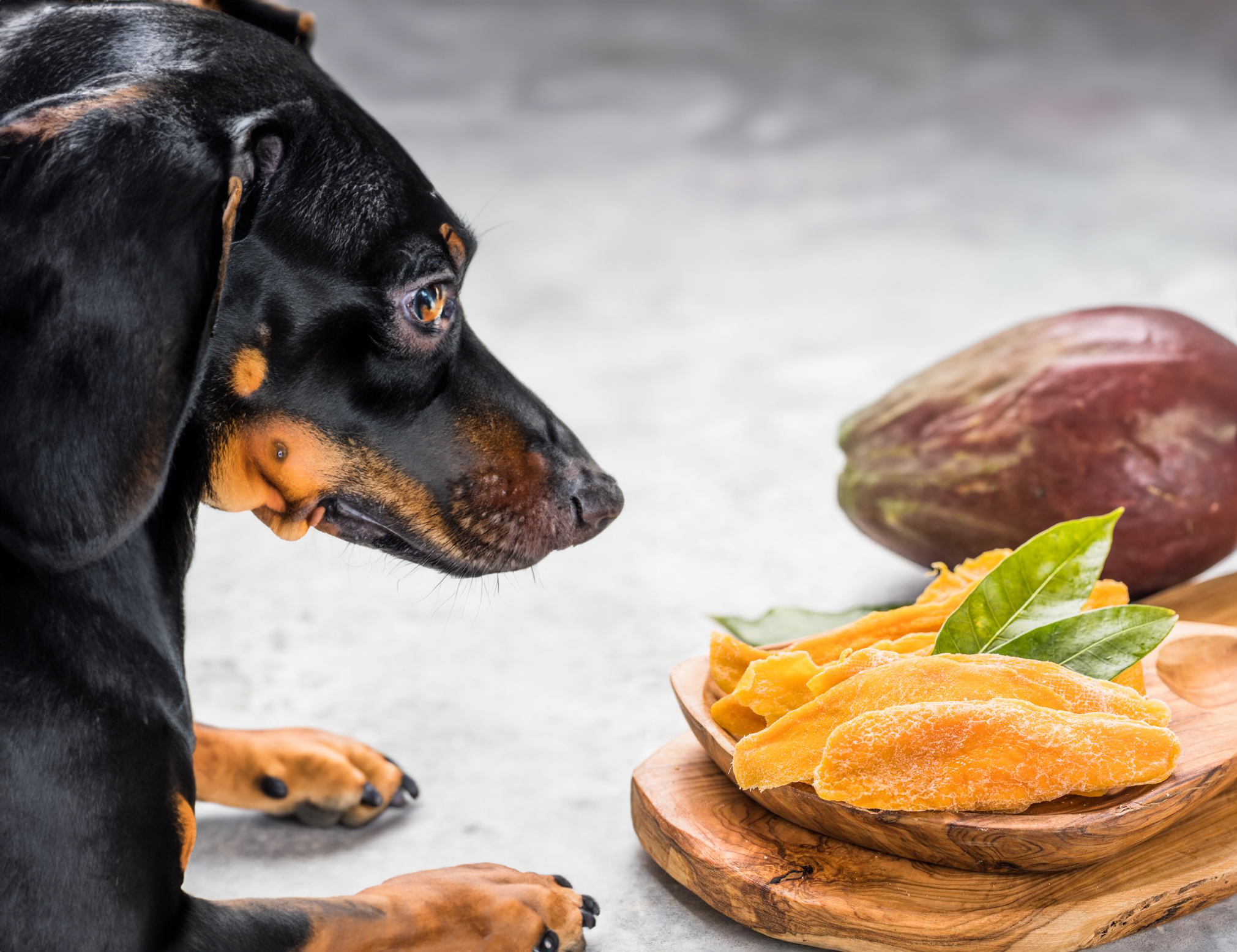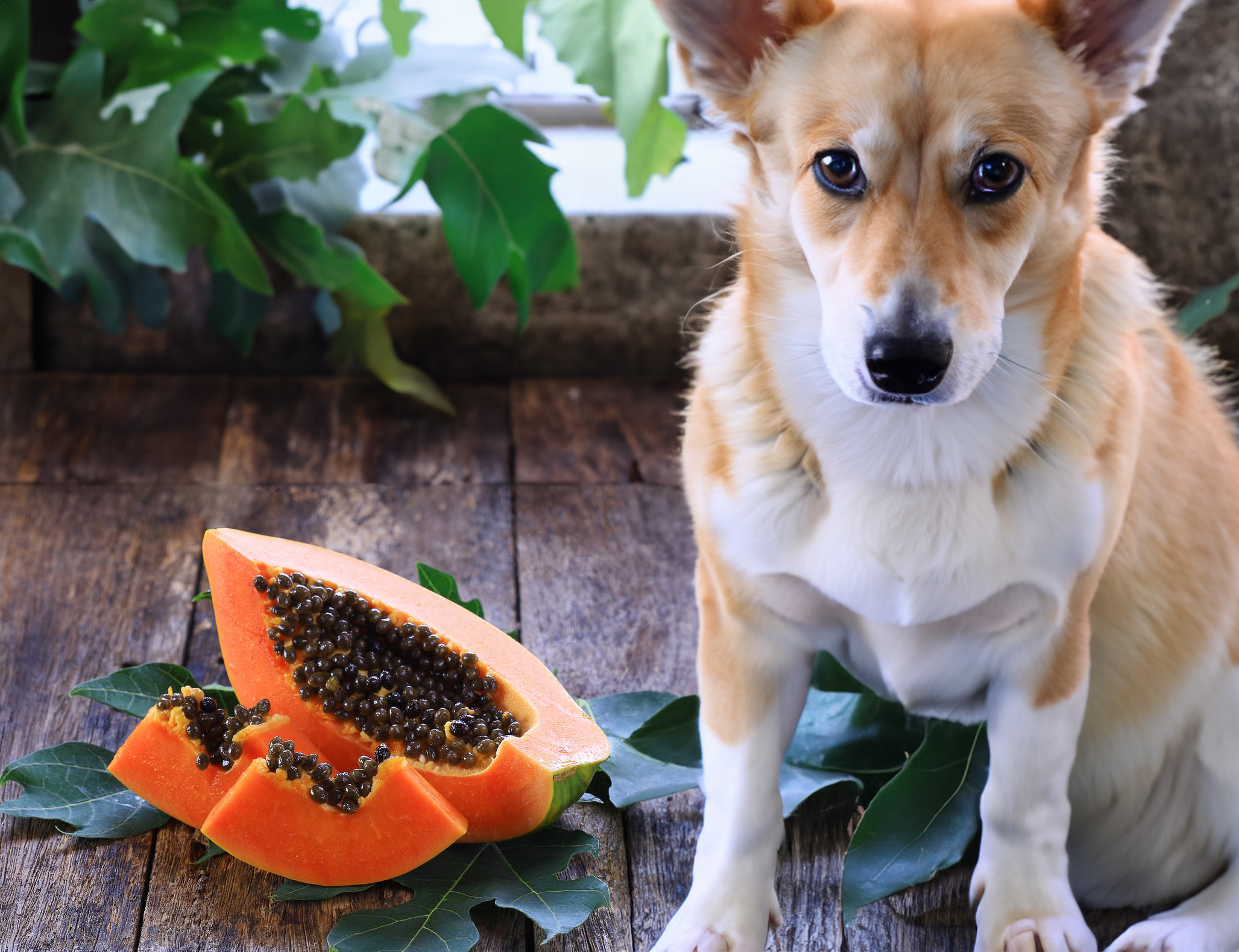If you have ever asked yourself the question, “Can dogs eat pear?”, then you are not alone. Many pet owners are unsure if this fruit is safe for their furry friend. Pears can be a nutritious snack for your dog, but there are some considerations to keep in mind before feeding them to your pup. In this blog post, we will look at the potential benefits and risks of feeding your dog pears, so you can make an informed decision on whether they are a smart treat choice for your pet.
Can Dogs Eat Pear?
If you’re wondering whether dogs can eat pear, you’re not alone. It’s a common question among pet owners who want to make sure their furry friends stay safe and healthy. So, can dogs indulge in this sweet and juicy fruit? The answer is yes, but with a few caveats.
Pears are packed with vitamins, minerals, and fiber that can benefit your dog’s overall health. They contain vitamin C, vitamin K, and potassium, which can support their immune system, bone health, and heart function. The high fiber content in pears can also promote healthy digestion for your pup.
However, it’s important to remember that moderation is key. While pears can be a nutritious snack, they should only be given to your dog in small amounts. Too much fruit can upset their stomach or cause digestive issues like diarrhea. It’s best to introduce pears gradually and observe how your dog’s body responds.
Additionally, be mindful of the parts of the pear that you feed to your dog. The core and seeds should be avoided as they can be a choking hazard and contain small amounts of cyanide, which can be toxic to dogs.
Overall, some pear can be a safe and healthy treat for your dog, as long as you offer them in moderation and remove any potential risks. As always, it’s a good idea to consult with your veterinarian before introducing any new foods into your dog’s diet.
Nutritional Value of a Pear for Dogs
When it comes to the nutritional value of pears for dogs, you’ll be pleased to know that these tasty fruits are packed with beneficial vitamins and minerals. Pears are a good source of vitamin C, which can help support your dog’s immune system and promote a healthy coat and skin. Vitamin K, another nutrient found in pears, is essential for proper blood clotting and can contribute to your dog’s overall health.
In addition to vitamins, pears also contain potassium, which is important for maintaining a healthy heart and muscle function. The high fiber content in pears can be beneficial for your dog’s digestion, helping to regulate their bowel movements and prevent constipation.
One important thing to note is that pears should always be given to your dog in moderation. While they offer great nutritional benefits, too much of a good thing can upset your pup’s stomach. As with any treat, it’s best to start small and observe how your dog reacts to the introduction of pears into their diet.
Overall, pears can be a healthy and nutritious snack option for your furry friend, but it’s important to offer them in moderation and consider your dog’s specific dietary needs. If you have any concerns or questions, it’s always best to consult with your veterinarian before making any changes to your dog’s diet.
Risks of Feeding Pears to Dogs
While pears can be a nutritious and tasty snack for your dog, it’s important to be aware of the potential risks involved in feeding them to your furry friend. One of the main risks is the core and seeds of the pear. These should always be avoided as they can pose a choking hazard to dogs. Additionally, the seeds contain small amounts of cyanide, which can be toxic to dogs if ingested in large quantities.
Another risk to consider is the potential for digestive issues. Too much fruit, including pears, can upset your dog’s stomach and lead to diarrhea or other digestive problems. It’s best to introduce pears gradually into your dog’s diet and monitor their reaction. If you notice any gastrointestinal issues, it may be best to discontinue feeding them pears.
Furthermore, some dogs may have allergies or sensitivities to certain fruits, including pears. If your dog has a known fruit allergy or if you suspect they may have one, it’s important to consult with your veterinarian before introducing pears or any other new foods into their diet.
Overall, while pears can provide nutritional benefits, it’s essential to be aware of the potential risks and to always feed them in moderation. If you have any concerns or questions, it’s best to consult with your veterinarian for personalized advice and guidance.
How to Safely Feed Pears to Your Dog
Feeding pears to your dog can be a safe and enjoyable experience, as long as you take the necessary precautions. Here are some tips on how to safely feed pears to your furry friend:
- Start with small portions: When introducing pears to your dog’s diet, it’s important to start with small amounts. This will allow you to observe how your dog reacts to the new treat and prevent any digestive issues. A few slices or cubes of pear should be sufficient for most dogs.
- Remove the core and seeds: As mentioned earlier, the core and seeds of pears should always be avoided when feeding them to your dog. These can be a choking hazard and contain small amounts of cyanide, which can be toxic to dogs. Make sure to remove the core and seeds before offering the pear to your pet.
Cut the pear into bite-sized pieces: Dogs have smaller jaws compared to humans, so it’s best to cut the pear into smaller, bite-sized pieces. This will make it easier for your dog to chew and digest the fruit.- Monitor for any adverse reactions: After feeding your dog pears, keep an eye out for any allergic reactions or gastrointestinal issues. Signs of an allergic reaction may include itching, redness, or swelling. If you notice any adverse reactions, it’s best to discontinue feeding pears to your dog and consult with your veterinarian.
Remember, each dog is unique, and their tolerance for different foods may vary. It’s always a good idea to consult with your veterinarian before introducing any new foods into your dog’s diet, including pears. They can provide personalized advice and guidance based on your dog’s specific needs and health conditions.
Alternatives to Pears as Dog Treats
If your furry friend isn’t a fan of pears or if you’re looking for some variety in their treats, there are plenty of alternatives to consider. Here are some tasty and healthy options that you can try as alternatives to pears:
- Apples: Just like pears, apples are packed with vitamins and fiber. They make a great alternative for dogs who enjoy a crunchy and slightly sweet treat. Make sure to remove the seeds and core before offering them to your dog.
- Blueberries: These tiny berries are a superfood for both humans and dogs. They are rich in antioxidants and can provide a burst of flavor for your pup. Blueberries can be given as a whole snack or mixed into your dog’s meals.
- Carrots: Crunchy and low in calories, carrots are a fantastic alternative to pears. They are high in fiber and can help keep your dog’s teeth clean and healthy. You can offer carrots raw or lightly steamed for a softer texture.
- Watermelon: On a hot summer day, watermelon can be a refreshing and hydrating treat for your dog. This fruit is high in water content and contains vitamins A and C. Remove the seeds and rind before serving.
- Pumpkin: Not only is pumpkin delicious, but it’s also beneficial for your dog’s digestive health. It is rich in fiber and can help regulate bowel movements. Make sure to use plain canned pumpkin, not pumpkin pie filling.
Remember, every dog is unique, so it’s essential to observe their reaction to new treats and monitor for any allergies or sensitivities. Always consult with your veterinarian to determine the best alternatives to pears based on your dog’s specific dietary needs and health conditions.










